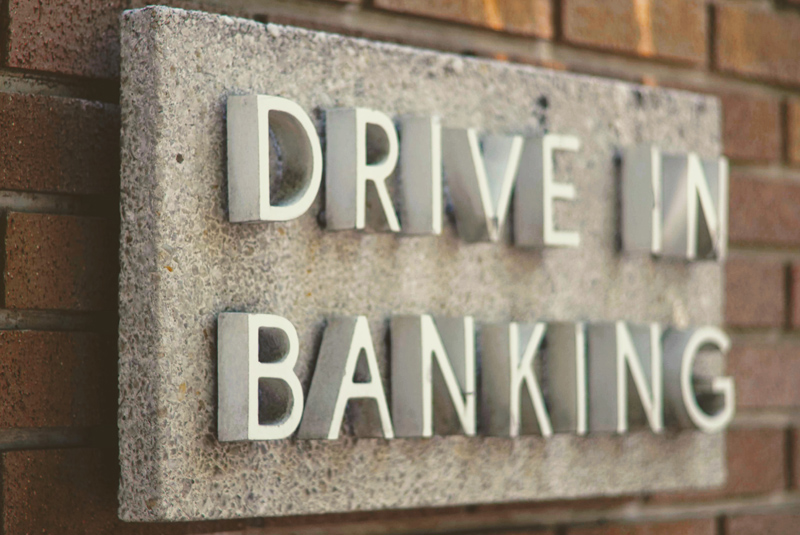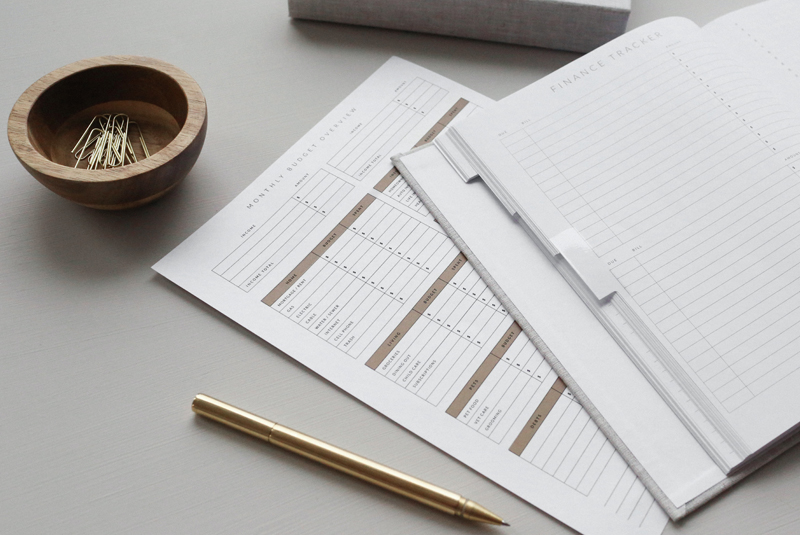October 7, 2021
How To Get a Second Mortgage in Ontario
Share this article:

Your home, even though it has a mortgage on it, contains equity, or value in dollars. That means that a significant amount of what you have paid off on your original mortgage can actually be leveraged to obtain another mortgage loan – known as a Second Mortgage. These are generally issued by a separate lender from your original one, and can be used when in need of additional funds; for example, when buying a second property, or making extensive home renovations – we’ll go into some detail on potential uses later.
Second mortgages are not uncommon; in fact, homeowners make use of the equity built up in their residence or property quite frequently. It is important to know, however, exactly what you’re getting into with this type of loan. Let’s take a look at some of the ins and outs of second mortgages in Ontario.

How a Second Mortgage Works
When taking out a second mortgage against your home, you are taking advantage of the equity you’ve built up with your first mortgage paydown. With every payment, your home equity has gone up and is sitting there, like an unused chunk of money. As well, an increase in your home’s market value also increases its equity. As an example, suppose you have a house worth $600,000, with $100,000 left on your mortgage. You may be eligible to obtain a second mortgage of up to $400,000 – or up to 80% of the home’s current value, less what you still owe.
The term “Second Mortgage” comes from the fact that the first mortgage is first on the property title, and therefore takes priority in the event, for example, of a default. This makes the second mortgage a riskier venture for the lender than the first – they’re second in line to recoup their funds.

Qualifying for a Second Mortgage
Second mortgages are generally offered only by private lenders, as opposed to financial institutions such as the big banks. The second mortgage lender is taking on a much greater risk than the holder of the first mortgage. If the property was to go into the power of sale, the existing first mortgage would be paid in full before anything else. Any shortfalls could result in the second mortgage lender not being paid out in full. As a result, second mortgages tend to come with significantly higher interest rates, as the lender is taking on significant additional risk, being second in line in the event of a foreclosure.
You should be keenly aware of the amount of equity you have built up in your home if considering taking on a second mortgage. That is the factor the prospective lender will place most weight on when judging your suitability for the loan. Your credit score will be of lesser importance, and you will likely not need as much documentation, as with a first mortgage. Second mortgages are subject to much less regulation; private lenders who deal in them are pretty free to set their own lending criteria. As a result, they can actually be much quicker to get approval for – again, if you have the home equity to show.

Reasons for Obtaining a Second Mortgage
People take advantage of the equity they’ve built up in their homes to secure additional money for various needs. Some of the reasons a homeowner might want to dip into their home equity include:
Home improvements – major renovations such as additions, or complete interior overhauls and upgrades, don’t come cheap. Without a sympathetic ear from your banker or other banking institutions, a private lender offering up a second mortgage on your home could be a way to get those renovations completed.
Medical bills – sometimes, situations arise where there are bills for services not covered by OHIP or your insurance provider; in these instances, unfortunate as they are, it’s still necessary to get them paid. Your home equity may be the solution, in the form of a second mortgage.
University or other post-secondary education expenses – if you have not been able to put away money for your children’s post-secondary studies, and you anticipate them being significant, such as special programs or residence costs, a second mortgage is often taken out on the home to cover such expenses.
Consolidation of higher-interest debt, i.e. credit card – this one is quite common indeed. When credit card debt, usually from various sources, has piled up, and there isn’t any other viable way to get it under control, you can use your home equity to obtain a second mortgage, typically at a far lower interest rate than what your credit cards are costing you. That will get you one monthly payment, as opposed to several, and it will be less expensive.
Of all the reasons listed above, the least risky one to you financially is the first – home improvements or renovations. When you use your second mortgage funds to increase the value of your home – the result of the addition you built, or the renovations you made, you will likely be maintaining the existing equity you have. Additionally, in this case, the interest may be tax-deductible. For any other purpose, you must be keenly aware that you are putting your money, in the form of home equity, at risk with a second mortgage.

Types of Second Mortgages
Lump sum – this is the standard; a one-time home equity loan, which you can use for whatever you want. They generally come with a fixed term, so you will be paying down the second mortgage with monthly payments which include both interest and principal; this payment schedule is known as the loan’s amortization. The interest rate is most often fixed, as opposed to variable.
Line of credit – the equity in your home can also be used to secure something of a pool of money, which you can draw from. In this case, you’re not getting a lump sum of funds. You merely have the money at your disposal, and you are not required to use it. The lender will set a borrowing limit. You can draw funds until you hit that limit. With a line of credit, you can pay back the loaned money and borrow from the pool again, similar to what you do with your credit cards.

Documentation Need for a Second Mortgage
Although less arduous a process than securing the first mortgage from a big bank, there is still some documentation you will need to have ready to apply for a second mortgage from a private lender:
Identification – two pieces will generally be required.
Appraisal – you will need to have a current one for your property, and it will need to be from a reputable source – i.e. an established appraisal company.
Mortgage Statement – you will need to provide a recent mortgage statement. It will show the lender the balance on your first mortgage, the interest rate, and the term remaining. As well, it should show any existing lines of credit tied to the property.
Property Tax Bill – your lender will want to see this to assure nothing is in arrears, and what the amount is, as part of their evaluation of your application for the second mortgage.
Credit Report – second mortgage lenders don’t generally place a lot of weight on this, but they will probably still want to see a current one showing your credit standing.
Notice of Assessment (Canada Revenue Agency) – your lender will check to see whether or not you have any outstanding debt in terms of income taxes owed to the government.
Recent Bank Statements – you should have ready three to six months’ worth of statements showing that you can make your loan payments in full and timely fashion.
As mentioned, getting a second mortgage loan is actually easier than getting a first mortgage from a bank. Much less emphasis is placed on your income credit score; this is because, in a sense, the money exists in the form of equity in your home. It is the collateral used to secure the loan. As such they will also place a certain amount of weight on the location and the condition of the property the second mortgage funds are going against.
‘B” Lenders
Most second mortgages are offered by private lenders and private investors. There is, however, another source you might consider in Ontario, known as ‘B” Lenders. These are more regulated, and often are institutional lenders, such as the big banks, Credit Unions, etc. They will require and place more importance on details such as your credit score and proof of income. The process of obtaining your second mortgage from a “B” Lender will be more complex, but they also tend to have better interest rates and terms; it’s something of a middle ground. “A” lenders, in general, do not get involved in second mortgages; “B” Lenders will.

Summary – Obtaining a Second Mortgage in Ontario
The range of money you can obtain as a homeowner in Ontario, based upon the equity you’ve built up on your property, is considerable. People borrow as little as $25,000 to $30,000, but the loan amounts can also extend into multiple millions of dollars. There are many lenders out there willing to take on such business, and many have been doing it for a long time. Homeowners take advantage of their home equity in this fashion for many reasons, as listed above; because of their nature, second mortgages are easier to secure than a typical first mortgage through a typical financial institution. There is also fierce competition among them, so it pays to do your research and homework, prior to engaging with a lender for a second mortgage. Consider all your options; ask a lot of questions; shop around. Second mortgages are readily available and can be a viable solution to your financial needs, but go into this area of lending aware of all of the aspects associated with them.
For more information on a second mortgage, consider contacting a mortgage advisor to talk about your mortgage options.
Get more homeowner tips
Subscribe to get more homeowner tips and advice delivered right to your inbox.
More Great Reads
- First-Time Buyers Guide to Toronto’s Hottest Freehold Neighborhoods Like Riverdale and Roncesvalles in Early 2026
- Buying Your First Home in Toronto’s 2026 Buyer’s Market: Step-by-Step Guide
- Is 2026 the Best Time for First-Time Buyers to Enter Toronto’s Housing Market?
- Why 2026 is the Perfect Entry Point for First-Time Buyers in Toronto’s Cooling Market
- Why 2026 is the Perfect Time for First-Time Buyers to Enter Toronto’s Cooling Housing Market


